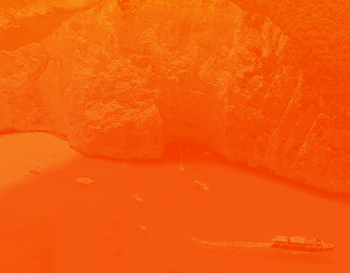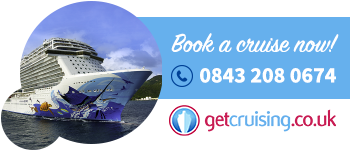Travel Insurance
Unfortunately things can go wrong on holiday. You could fall ill or have an accident; you could have money or luggage stolen; your visit might be cancelled or cut short through injury or illness; your family may need to fly out to be with you if there is a serious incident. Costs - particularly medical treatment costs - can easily run into thousands of pounds
All these risks and more can be covered by taking out travel insurance.
Buying travel insurance - tips.
Market surveys show that many people don't take insurance. People believe that their credit card accident cover, home insurance, or private health cover is sufficient. However, it is unlikely that these will give adequate cover.
Shop around.
The cost of travel insurance varies widely, so shop around to find a good price and the right product, rather than opting to travel without cover. Bear in mind that a cheaper policy may have less cover. If you make several trips each year, consider taking out annual multi-trip insurance to save time, money and effort.
Know what your policy covers and check that the cover is adequate
If in doubt ask your insurer.
Your policy should cover you for the following:
*The whole time that you are away, whether that is a day or a year.
*Any activities and sports you might do. Some activities, such as jet skiing, are excluded from many policies. Many insurers will extend cover, if requested, otherwise shop around for a specialist policy.
*The medical and health cover is very important. It should be for a minimum of £1 million for Europe and £2 million world-wide. It must include cover for emergency medical treatment, hospitalisation and repatriation.
*Personal liability - for injury or damage to others and their property.
*Cancellation - if you have to cancel or abandon your trip. Cancellation cover should start as soon as you book your trip.
*24 hour emergency service and assistance if things go wrong the assistance company will help you to sort everything out.
*Possessions cover, including money and documents to specified limits.
Your policy may also cover:
*Personal accident - money paid on death or permanent disability.
*Legal expenses - to help you pursue compensation for damages following personal injury.
Check the conditions and exclusions
If you are in any doubt, contact your insurer to find out exactly what cover you have.
*Most policies will not cover drink-related incidents.
*Most policies do not cover drug related incidents.
*You must take reasonable care of your possessions or your policy will not cover you.
Declare anything that you think might affect the cover
*Be honest - tell your insurer about current or past medical conditions. This should include the condition of those to be insured and others, such as close relatives, whose state of health may prevent you from travelling or may cause you to curtail your trip. If you don't declare you may invalidate your policy.
When you travel:
*Make sure you take your policy and the 24 hour emergency phone number with you.
*Make sure you know what to do in the event of a problem.
*Some insurance companies insist that you call their assistance company as soon as possible after a problem arises.
*If anything does happen make sure you keep as much paperwork as possible - tickets, receipts, medical bills, police reports etc - to help prove that what you're claiming for actually happened.
Make sure you have a European Health Insurance Card (EHIC) before travelling in Europe
Eligible travellers from the UK are entitled to receive free or reduced-cost medical care in many European countries on production of an EHIC. This free card (which replaces the E111) is available from the Department of Health.
The EHIC is valid in all European Community countries plus Iceland, Liechtenstein and Norway. If you or any of your dependants are suddenly taken ill or have an accident during a visit to any of these countries, free or reduced-cost emergency treatment is available - in most cases on production of a valid EHIC. Only state-provided emergency treatment is covered, and you will receive treatment on the same terms as nationals of the country you are visiting. Private treatment is generally not covered, and state-provided treatment may not cover all of the things that you would expect to receive free of charge from the NHS.
Remember an EHIC does not cover you for all the medical costs that you can incur or for repatriation - it is not an alternative to travel insurance. You will still need appropriate insurance to ensure you are fully covered for all eventualities.
(Crown copyright material reproduced with the permission of the Controller of HMSO and the Queen's Printer for Scotland)
-
Edited by
David
2007-11-27 10:26:51



